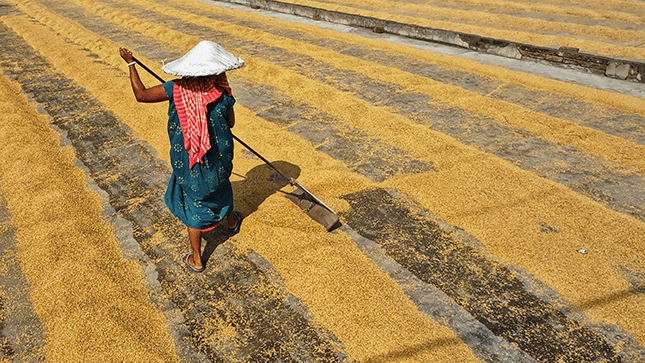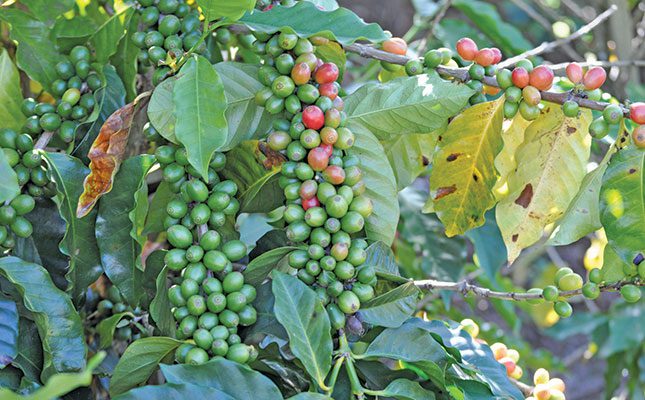
Thanks to an abundance of substitutes on the global market and sufficient reserves at home, China’s grain supply will not be affected by a loss of US feed grain and oilseed imports.
This was according to a top official from that country’s state planning department, speaking at a media conference at the end of April, Bloomberg reported.
“The world’s top buyer of soya bean is set to receive a mammoth amount of oilseed from South America in the second quarter, easing a supply shortage and helping to further cool animal feed prices,” the report said.
Yin Ruifeng, a spokesperson for China’s agriculture ministry, told Bloomberg in a separate article that “inbound shipments, mainly from Brazil, Argentina and Uruguay, are poised to climb to more than 30 million tons during the period from April to the end of June.
“China has moved to diversify its sources of grains in recent years, and has shifted to buying more Brazilian soya bean as the trade war sparked by President Donald Trump’s tariffs makes purchases of US crops unviable,” according to the report.
Zhao Chenxin, deputy director of the Chinese National Development and Reform Commission, was quoted in the report as saying that grains such as soya bean, maize and sorghum from the US could easily be substituted and “the supplies on the international market are quite sufficient”.
Citing data from the US Department of Agriculture (USDA), Arvin Donley of World Grain told Bloomberg that China had not placed any orders for US maize and soya bean since 16 January, which was four days before the inauguration of Trump.
“Trump, who during his first term as president sparked a trade war with China in 2018, has made good on his campaign promise to increase tariffs during his second term not only on Chinese imports but on products from many other countries as well,” Donley said.
“The trade wars have cost the US its position as China’s No. 1 soya bean supplier. Brazil has taken that spot, and [it was] reported that Chinese negotiators travelled to Brazil [at the end of April] to hold bilateral discussions to further expand imports of Brazilian soya bean.”
“Although no longer China’s biggest soya bean supplier, the US still sends about half of its soya bean exports to the world’s second most populous country,” he added.
“In 2024, China imported more than 27 million tons of soya bean from the US, worth US$12,8 billion [about R234 billion], according to the USDA.”
Further data released in the third week of April indicated that Chinese importers also cancelled 12 000t of US pork shipments “amid a high-stakes trade standoff between the superpowers”, Filip Timotija of The Hill newspaper reported.
“The move represents the biggest cancellation of pork orders since the COVID-19 pandemic disrupted supply chains and stalled economies around the world,” Bloomberg News reported.
“China, behind Mexico and Japan, was the US’s third-biggest market for pork in 2024, importing some 475 000t valued at more than US$1,1 billion [R20 billion].”
Get trusted farming news from Farmers Weekly in Google Top Stories.
➕ Add Farmers Weekly to Google ✔ Takes 10 seconds · ✔ Remove anytime












